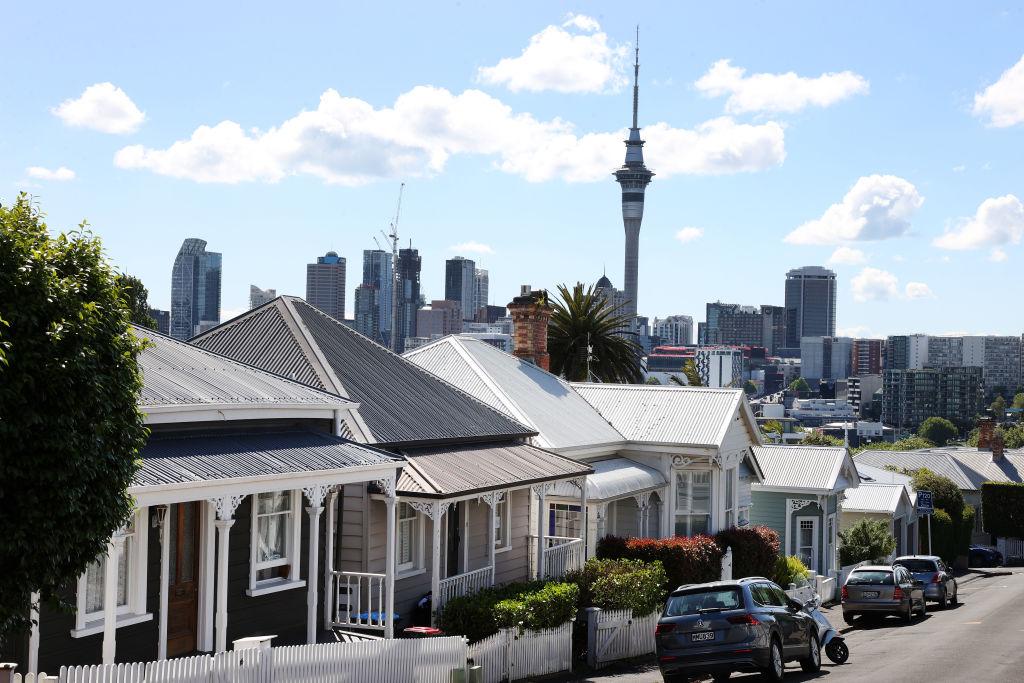The mayor of New Zealand’s biggest city has proposed a staggered household rates increase as part of a long-term budget plan aimed at boosting the city’s coffers, coupled with filling a debt hole by selling or leasing strategic assets.
Released last December, Auckland’s Mayor Wayne Brown’s proposal known as the Long-Term Plan (LTP) 2024-2034, has the provisional approval of councillors after being adopted by the Budget Committee but still requires public consultation.





